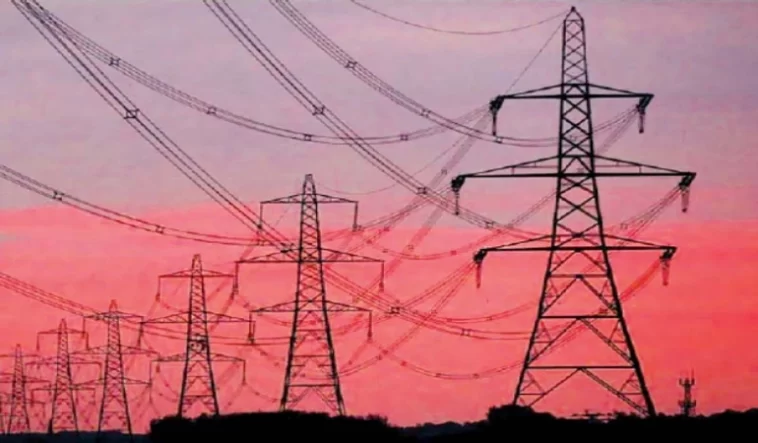Tariff (RCET) for five export-oriented sectors could have significant implications for the national economy. According to industry experts, this move could result in a reduction in competitiveness and revenue losses for the affected industries.
The discontinuation of RCET for gas and electricity will have a significant impact on national exports, according to Muhammad Babar Khan, Central Chairman of the Pakistan Hosiery Manufacturers and Exporters Association (PHMA). This is especially troubling given the state of the economy, which has seen multiple crashes of the Pakistan Stock Exchange (PSX), skyrocketing inflation rates, and the rupee falling to record lows. In these difficult times, the only industry that is currently generating income, creating jobs, and earning foreign currency is the export sector.
The head of the Union of Small and Medium Enterprises (UNISAME), Zulfikar Thaver, said that the government frequently learns from its errors. The decision to end RCET for five export-oriented sectors is a foolish and misguided one, though, and it could undermine exporters’ tenacious efforts to boost exports.
Thaver has urged the government to ease exports by speaking with exporters and taking their recommendations into consideration to address the issue. Additionally, he emphasised that the factors of production can control export prices; if prices are not competitive, exports won’t rise.
PHMA Patron in-Chief, Muhammad Jawed Bilwani, has revealed that textile exports account for 61% of Pakistan’s exports, generating $19.4 billion in revenue in 2021-22. In the past six months, textile exports have declined by 7%, while national exports have decreased by 5.73%. According to Bilwani, if the RCET is terminated, exports of the five major export sectors will decrease even further.
The government’s decision to retroactively raise the RCET by 34.31% from Rs. 819 to Rs. 1,100 and to increase captive power tariffs for export industries by 30% from Rs. 852 to Rs. 1,100 has caused great distress among value-added textile exporters. This will make the export of textiles unprofitable, resulting in widespread closures and significant job losses. The RCET must go on in order to avoid this result.
In conclusion, Pakistan’s already unstable economy may suffer if the RCET for five export-oriented sectors is discontinued. To resolve the issue and guarantee the export sector’s continued expansion, the government must take into account the recommendations of industry professionals and exporters.


